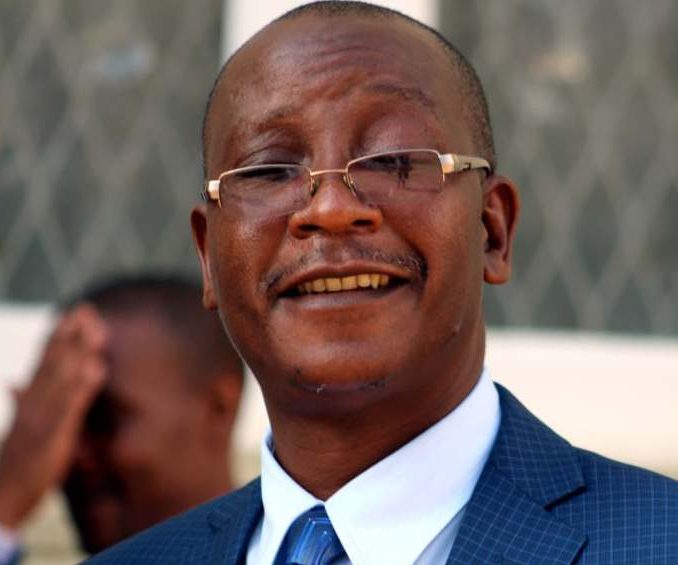
BY PRIDE MZARABANI ZIMBABWE has so far adopted 168 out of 264 human rights recommendations by the United Nations Human Rights Council 50th session.
At the UN Human Rights Council 50th session in Geneva, Switzerland, last Friday, Justice minister Ziyambi Ziyambi presented a Universal Periodic Review (UPR) paper where he called for unconditional removal of sanctions imposed on the country by the West, saying they were ‘unjust.’
Ziyambi said the sanctions severely hampered the country’s economic development.
The UPR system is a unique peer-review mechanism led by the UN Human Rights Council to examine the human rights records of all the 193 member states of the UN. It was established in 2006, when the UN General Assembly created the council.
Part of the recommendations formulated during the interactive dialogue, and which Ziyambi said Zimbabwe had implemented included the enactment of the Children’s Amendment Bill, the Marriages Bill and the Child Justice Bill, the Trafficking in Persons Bill, and the Private Voluntary Organisation (PVO) Amendment Bill, which is under debate in Parliament.
“I am pleased to report that of the 98 deferred recommendations, 41 now enjoy the support of Zimbabwe bringing the number of supported recommendations to 168,” Ziyambi said.
“Imposition of Western sanctions has severely hampered the country’s economic development. We call for the unconditional removal of sanctions.”
There were also discussions on progress made on key recommendations including the abolishment of the death penalty, safeguarding political rights, lawyers’ rights, freedom of speech as well as women and children’s rights.
- Chamisa under fire over US$120K donation
- Mavhunga puts DeMbare into Chibuku quarterfinals
- Pension funds bet on Cabora Bassa oilfields
- Councils defy govt fire tender directive
Keep Reading
Zimbabwe Human Rights NGO Forum director Musa Kika said it was disturbing that certain critical human rights issues affecting the country were deemed unimportant by Ziyambi.
“Most of the recommendations were not adopted and these are recurring issues that have been raised for a while now by UN member states. What this communicates is that the Zimbabwean government is yet to fully open up to the wholesome protection and enjoyment of human rights by the Zimbabwean people. Human rights by nature are interdependent, interrelated, interconnected, and indivisible,” Kika said.
He said government only picked what was convinient and discarded what it did not like in the recommendations.
“This is an exercise in political expediency and a display of the fragmented political will,” Kika said.
The UPR process aims to improve the human rights situation in all nations of the world by providing a platform for member states to make recommendations, and review each other, to encourage adherence to human rights best practices.
- Follow us on Twitter@NewsDayZimbabwe










